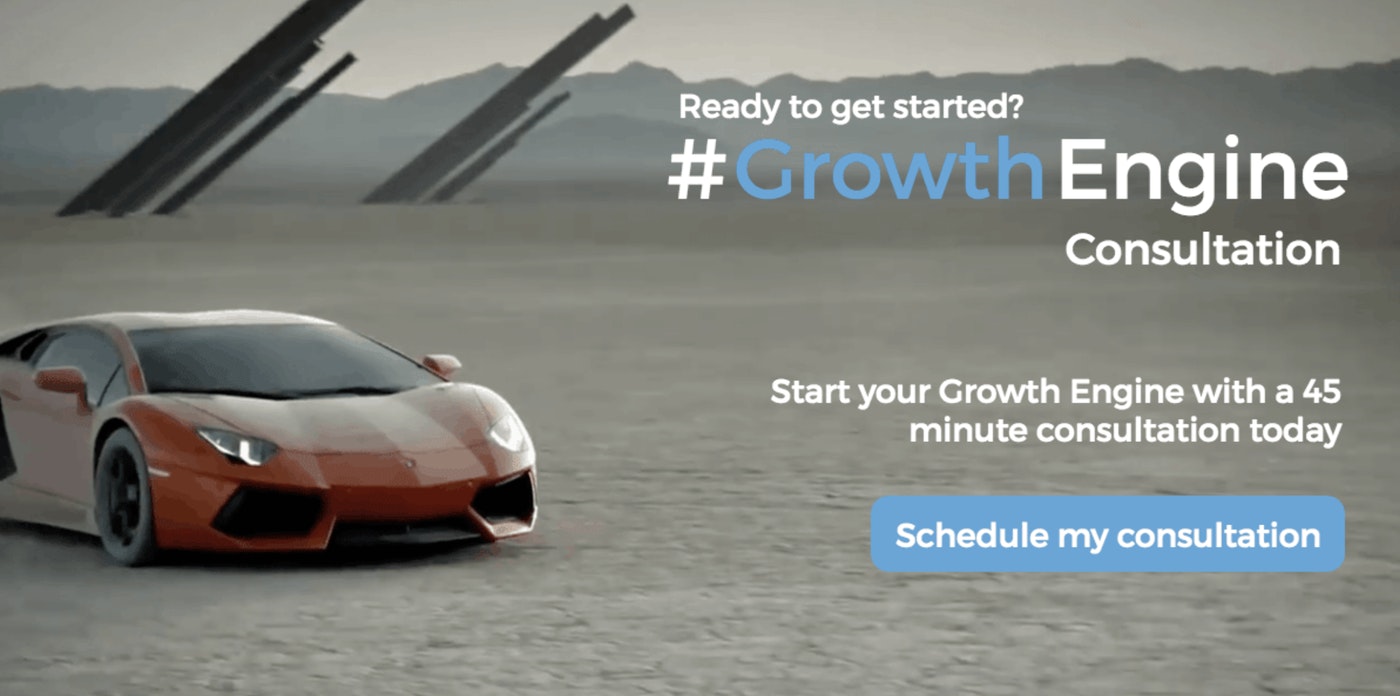
Early Warning Signs
How The Largest Companies Changed The Status Quo
I’d like you to start to think about early warning signs and if obsoletion and how the market and the products and services within your niche and sector are going to potentially affect your business.
We’re all familiar with brands like Uber, Airbnb, the largest hotel chains, largest taxi chains which don’t actually own any property or vehicles.
And I was speaking to a video editor recently in Canada, and his background was man and boy in sales.
Previously he was working with a company who had implemented online quote systems, and technically the salespeople in the most got made redundant as the business shifted and the business model moved from what would be traditionally seen as a BDR, business development rep, or BDM, business development manager, into online with account executives supporting that online model.
It was a bit of a wake-up call for him to the fact that he’s thinking,
“Wow, I’ve been in sales all my life. Is this the end of the sales run?”
Now, if you’re in sales, don’t run for the hills and panic, your sales are not going to go away just yet.
However it is an early warning sign, and if we look at relevancy and what early warning systems have you got in your businesses I suppose is the subject.
And the real focus around what is going to become obsolete in your marketplace?
We’re all aware when things happen, and some of us will sit there and complain and say,
“Hey, I never saw that coming.”
Well, who’s the fault is that?
- Is that yours?
- Is that the market?
- Is that competition?
- Is that the new entrants who are shaking up the market like the Uber’s, the Airbnb’s?
The Buck Stops With You, So Get Busy
Well, as a business owner, you’ve got employees to look after, you’ve got stakeholders, shareholders to look after. The ultimate sign that you’re looking for is it’s your responsibility, and you need a face to square on.
Now, you don’t need to do this every hour and waking minute of the day, you need to concentrate on doing what you do and delivering change and serving your clients of course.
What I do want you to think about is these sort of steps that take out an hour, whether that’s one hour a month, whether that’s as a group session with your team. And these sessions do generally work better with the team.
Why? Not to scare, not to cause panic, but for inclusion, and it’s a different perspective.
If you sit there in isolation, loneliness has a lot of positives because it gives you solace to think, but it also gives you a very narrow perspective.
And when we’re short of knowledge, what do we do? We read a book or take a course.
When we need an insight we do a survey, or market research, or a focus group. And when you’re in these sorts of environments, do it with your team, and that’s not just management, I would pull every person in, even if it’s entry-level on customer services, or reception, or the cleaner.
It doesn’t matter. And by the way, you guys who know me, I’m not being disrespectful to the entry-level jobs, every job provides value and it’s compensated accordingly.
What I’m saying here is that people on the coal face, who are speaking with your customers, who are observing how your staff are carrying on their emotions.
Sometimes the staff member will speak to the cleaner, or the postman, or the fire alarm engineer, where they may not speak to their colleagues.

Brainstorm Sessions
So, pull some people in and have a chat with them, and this is what I would do.
- Get a group together. Do it once a month, 30 minutes.
- What are we seeing emerging in the marketplace?
- What is emerging in the marketplace that could affect what we do?
- And it’s that last part that I really want you to emphasise, that “could affect what we do”
Create Your Own Crystal Ball
So, if you’re 10 years ago in the taxi business, in the major cities, and you ask yourself this question, can we always predict the next iPhone change in the world or the next Uber change in the world?
Of course not, but it’s amazing how many little leaks get put online, or little memes put online, or little whispers come online.
And if you just start to get wind of it, it doesn’t mean you’ve got to panic, and it doesn’t mean to say you’ve got to make changes based off wild fear or wild assumption.
No. But, isn’t it better to plug yourself into that information curve?
- Where is the gossip? Where is knowledge? Where are the thought leaders?
There are two ends of the spectrum, there’s gossip and there are thought leaders.
And you’ve got to sometimes read between the lines from that sort of side.
But, what I am trying to get you to think about is where’s the chat happening?
Doesn’t it make sense to follow that blog from an industry leader, somebody who’s got an insight?
If you’re in the banking technology, for example, I posted an article in the Growth Engine Daily recently about how Goldman Sachs, one of the leaders and directors of Goldman Sachs is saying how institutional, traditional banks are all screwed, excuse the language.
But that was actually the article title. All because the way the new modern retail banking is moving.
So, plug yourself into those information curves.
- Monitor the trends. What was this happening?
Is the chatter increasing or decreasing? 30 minutes, 15, 20 minutes for your team.
Then you can assign this responsibility to your team as well to go out and say, number one, you’re interested in sports, you’re interested in fashion, you’re interested in business, or politics, or whatever it may be.
Whomever the team member is, they’re more likely to be already listening, monitoring, engaging in that type of content.
And of course the number one point here is relevancy, it has to be relevant to what you do.
If you are in the taxi business, or the hotel business, getting that inside information, it allows you to make informed decisions.
It allows you to make those sort of decisions around whom you get involved?
- Is it an early stage?
- Is it developing?
- How quick will it hit the market?
- What’s the deterioration of my P&L?
- What’s the deterioration of my cash like?
All these types of things.
I’d love your comments below. Is there anything emerging in your marketplace that really is going to have an impact?
And what are you doing about it? Or what are you planning to do about it?
Sometimes you don’t have to do anything.
You can think well hey, that’s a change, it’s 10% of my business, it’s the lowest profitable business.
To be fair, it’d do me a favour if you came and took it away.
And there is a cut on the client line that allows you to re-employ resources into more fruitful pursuits.
So, I’d give some thought to it and let me know in the comments below.






